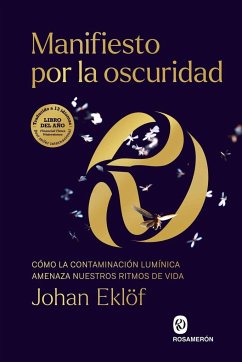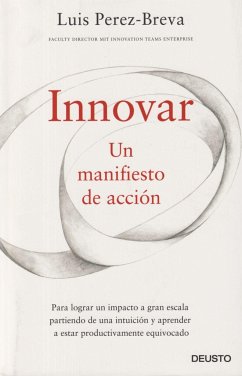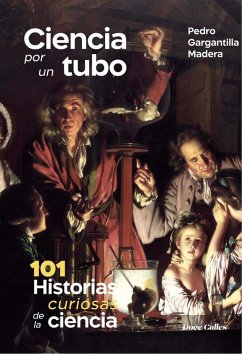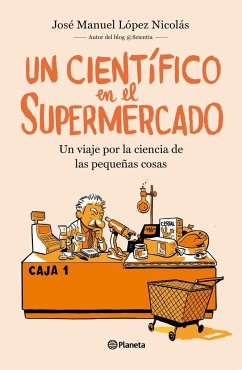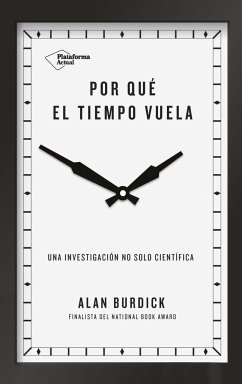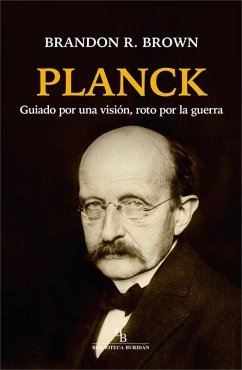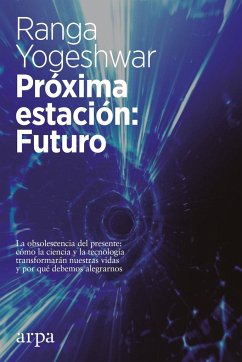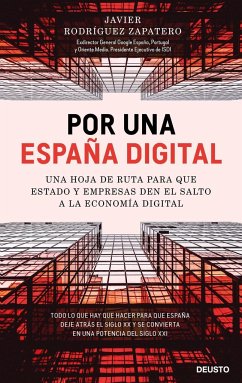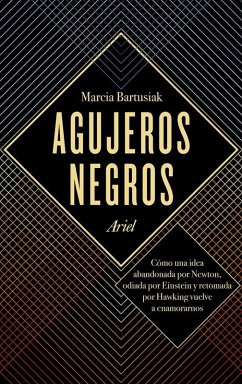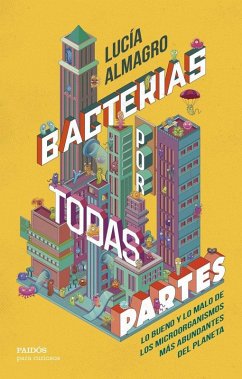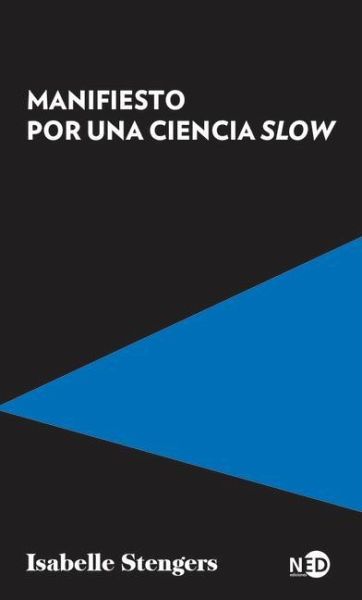
Manifiesto por una ciencia slow

PAYBACK Punkte
5 °P sammeln!
The time has come to slow down the frenetic pace of scientific production. In 2011, the Catholic University of Leuven brutally fired the researcher Barbara Van Dyck for having participated in an action to decontaminate a field of genetically modified potatoes. The dismissal had notable media and academic repercussions, giving visibility to the claims of the so-called slow science. Isabelle Stengers starts from the Van Dyck case to articulate her argument for a slow science. From slow food to slow living, slow movements denounce the cost of buying time and advocate for an alternative model of s...
The time has come to slow down the frenetic pace of scientific production. In 2011, the Catholic University of Leuven brutally fired the researcher Barbara Van Dyck for having participated in an action to decontaminate a field of genetically modified potatoes. The dismissal had notable media and academic repercussions, giving visibility to the claims of the so-called slow science. Isabelle Stengers starts from the Van Dyck case to articulate her argument for a slow science. From slow food to slow living, slow movements denounce the cost of buying time and advocate for an alternative model of slowing down. In the academic sphere, this conflicts with the interests of the current relations between universities and their industrial partners, who are not only in a hurry to achieve results, but also, as Stengers denounces in the case of transgenic potatoes, succumb to the first for the promotional purposes of their sponsors. A brief and forceful manifesto that is situated in the midst of a debate that is more necessary than ever: the deceleration of the sciences and their implications. It's time for scientists to take their time!




